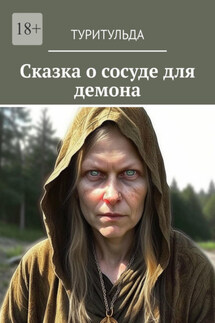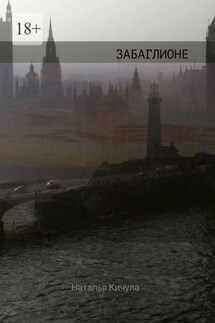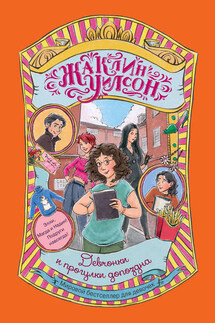Khon Yush. Way From the Ob - страница 12
It seemed that people lived on a deserted, god-forgotten land. The only ship on the Ob came once a month from afar. For thirty-forty kilometers from each other, you could find inconspicuous Khanty villages. In the small, dull gorts that were hidden near deep saimes, there were only two or three huts. The father's house – the clan's house, and, perhaps, the houses of older sons separated by age. However, every day at least one boat passed along the Ob banks, then another one sailed upstream. In good weather, light boats quickly disappeared behind the turn of the Ob, and on fishing boats, kayaks, that were stable on the waves, there were several people. Rowers struggled in three oars with the fast flow of the high-water As river, which had spread widely over the litter. It was good if they went down the river, but if they were sailing up, they had to stay close to the shore, where the current slowed down due to the shallow water.
No one was surprised when a few days later authorities approached the village. When people saw the boat arriving, they looked out of the doors and closed them again. There were attentive eyes looking from all the low windows of the huts and houses. District officials walked into the village council with a red flag fluttering. Soon the messenger boy ran to the houses, calling people to the gathering. Levne stepped out of the house with Anshem iki, looking around, and ran into the forest with the cradle. Anshem iki and his granddaughter went to the gathering. A high boss from the district stood next to the chairman, looking at the ignorant people who did not understand anything in the new life. He frowned, carefully examining people. Clearing his throat loudly, the guest spoke menacingly:
«Someone from your village took a newborn from exiled kulaks, from criminals. Who was it?»
The Khanty were silent as always. What could they say without knowing the Russian. Kurtan iki, the assistant chairman of the village council, wanted to get forward, but someone rudely pulled him back. A large man blocked him with his back and said loudly:
«Our babys here. Other baby no walk.»
«Baby no walk,» the newcomer from the district mocked, «so we have the newborn already walking!»
Someone convincingly spoke from the crowd:
«Hoyat baby holt tulev?»
Kurtan iki again began to get out of the crowd. He really wanted to help the authorities: they had important, necessary laws, but his fellow villagers didn't understand that a child of strangers had no place in the Khanty village:
«We have baby!»
«What? Where is the baby?» The visitor exclaimed.
«Turkoi kurt luti toock baby, mun at watsev nyavram!» Kurtan iki was painfully squeezed among the crowd, and went silent.
«That's ok, keep quiet! We'll check every home now. Chairman, take us to all the houses. Look at them! They decided to hide the children of the kulaks. Apples don't fall far from the tree.»
People were silent as they poorly understood Russian, but firmly held Kurtan iki.
The district authorities, along with the gloomy chairman, went with a family check. Anshem iki's neighbor, pushing into the back of the abiding Kurtan iki, headed towards the river. Kurtan iki resisted, but, fearing his cousin, continued to walk with him.
«If you live with bad thoughts, I'll drown you in the Ob,» the broad-shouldered man reprimanded the black-haired relative with cunning eyes. Kurtik iki was completely depressed from the frustration, lowering his shaggy head: he couldn't do a good deed for the authorities.






